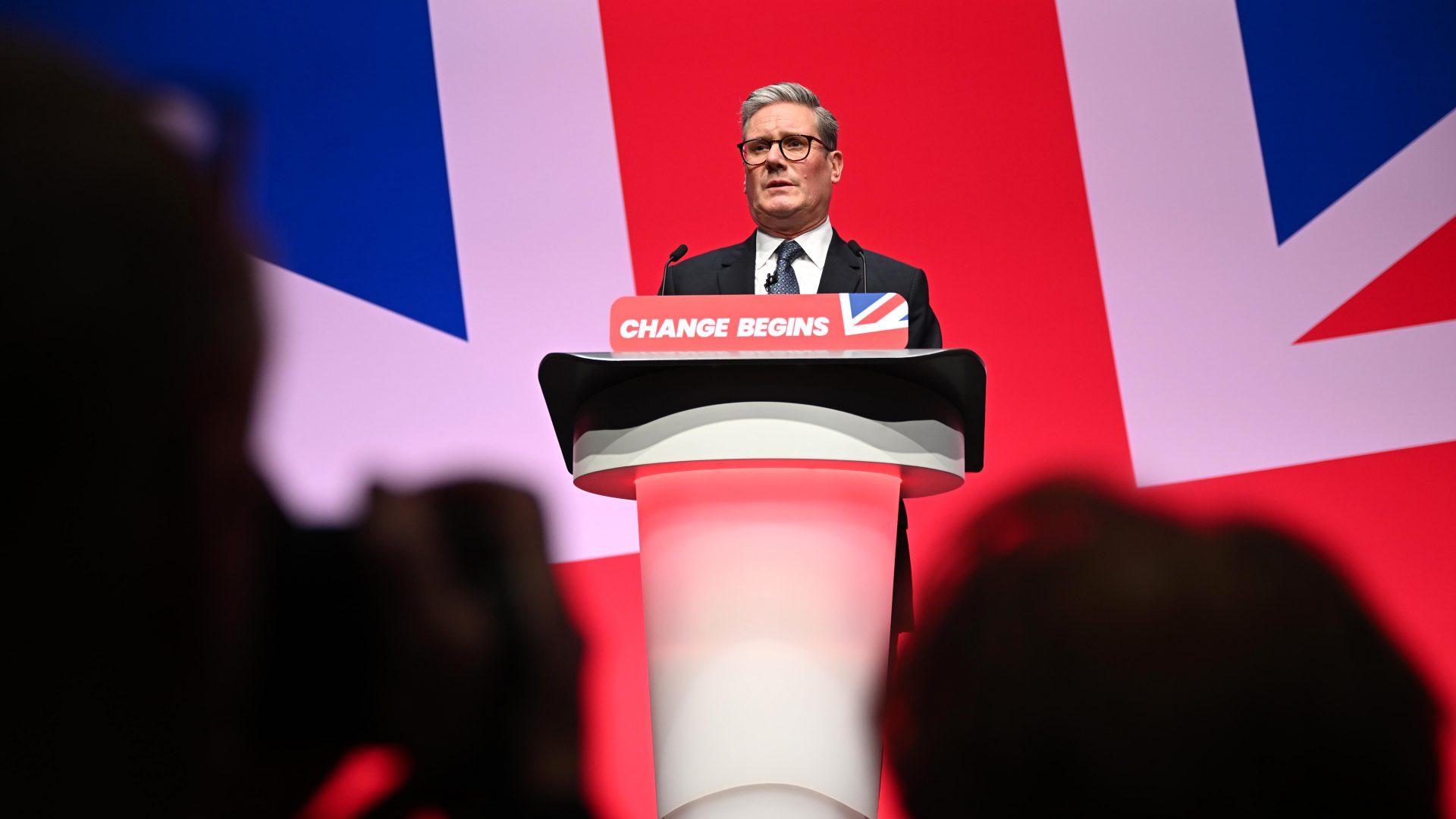On the last day of Labour’s annual conference in Liverpool, I bumped into a pal from Scottish Labour. “How’s it all going?” I asked. “You must be feeling pretty peppy, after all those years spent in the wilderness?”
She sighed and thought for a while and said, “well, I’m really worried about 2026.” It took all I had not to burst out laughing.
Of course, she did partially have a point. Scotland, Wales and a number of councils will be going to the polls in just under two years, meaning that the Labour government doesn’t have a whole lot of time to start delivering on its electoral promises. A bad set of midterm results could risk changing the narrative for good.
Still, it was an objectively funny thing to say. Labour won its biggest majority in a generation not even 100 days ago, achieving something no one thought could be possible back in 2019. Didn’t she want to rest on her laurels for just a few months before becoming gloomily negative again?
Crucially, she really wasn’t an exception. Being at the Labour conference as a journalist meant being on the receiving end of relentless, sometimes tedious whingeing.
“The government’s just not very good,” they’d say; “I don’t think we’ll be able to deliver,” they’d add, “I really worry we’ve already lost the next general election.”
This is why I must guiltily admit that I had a much better time in Birmingham a few days later. The Conservatives only have a handful of MPs left, and no obvious way to get back into power anytime soon, but boy do they know how to have a good time. I turned up expecting a wake but instead found myself merrily going from reception to reception, having jolly chats with very upbeat people.
Crucially, their happiness didn’t seem put on; I remember the conference which happened under Liz Truss’s leadership, and that’d brought a whole lot of manic energy to the shindig. Instead, this was just…pleasant. How was that possible? Well, depending on who you asked, they were either smug that Labour were screwing up, relieved that they were no longer in charge, confident that they would be back in charge again soon, or a combination of the above.
It was, in a way, the precise opposite of Liverpool. The people who should have been cheering were sullen, and the people who should have been nursing their wounds just raised glass after glass instead. If nothing else, it was a fascinating conference season to cover, especially for those of us who find the vagaries of human nature more interesting than debates on policy.
It also left me yearning for two things. First, I ended up becoming obsessed with the idea of a middle ground; a party that’s able to react to news without striking pessimism or optimism. Secondly, and perhaps most importantly, it made me wonder if conferences should be cancelled altogether, for the parties’ sake.
As thing stand, the gatherings seemingly serve the same purpose as that friend who only ever really enables you, either buying you that other drink when you should really be going home or telling you that sure, if not showering or leaving the house for a week is what you want to do, then you should go ahead and do it.
People need tough love and so do political parties. When allowed to all gather in what is essentially a safe space, they quickly turn into parodies of themselves. Who exactly is that helping?
The Labour Party will not get any better in government if it spends too much time indulging its Eeyorish tendencies. The Conservatives won’t ever return to power if they keep convincing themselves that everything is fine.
Or maybe that’s exactly the point. As a neutral observer, I find conference season to be bafflingly self-indulgent, but doesn’t everyone need to succumb to their basest instincts once in a while? This may be the reason why, despite it all, the gatherings are still going strong.
Sometimes we all need to hide from the real world and only do what we really, truly want to do. Shame there’s a broken country to fix out there, really.












